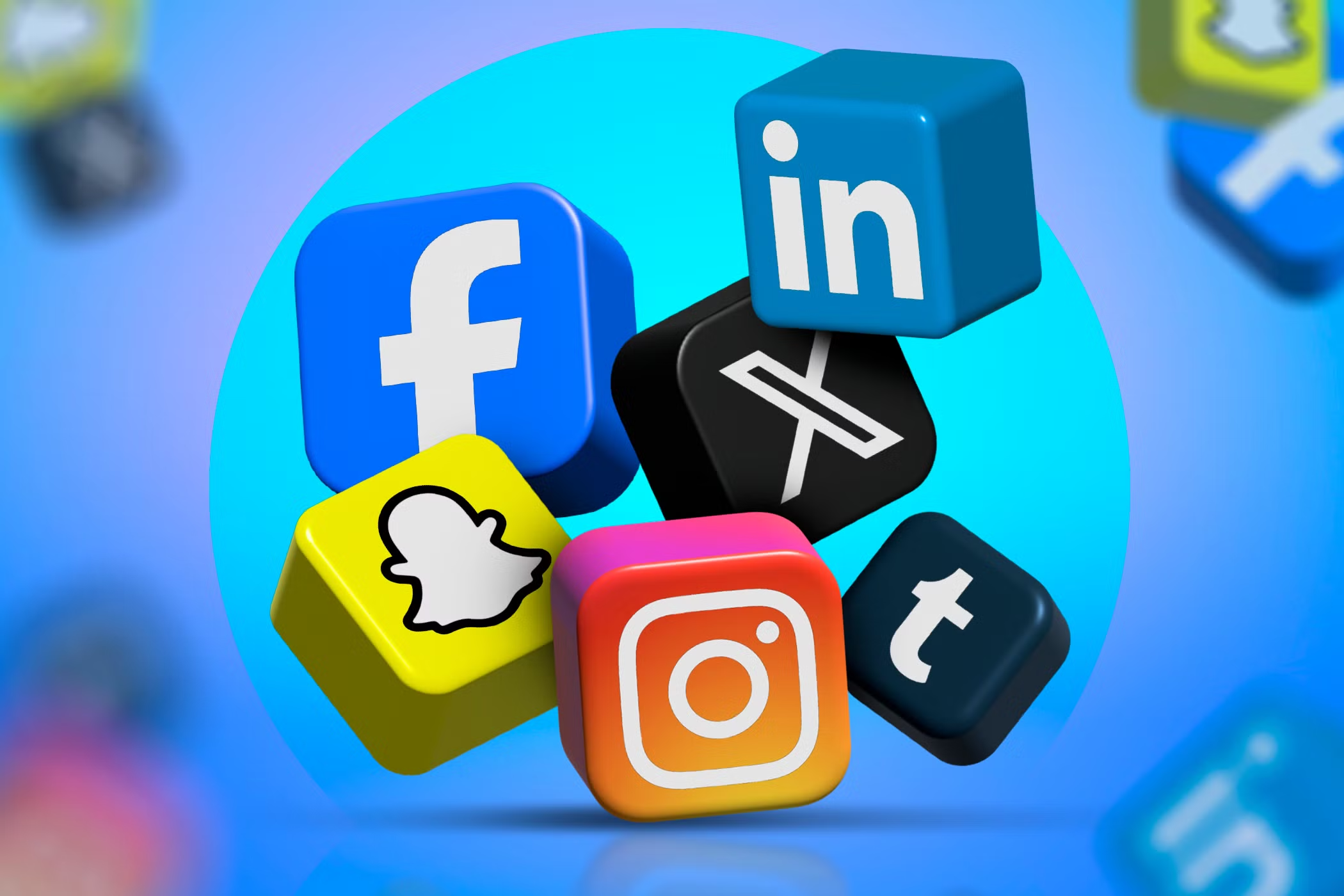
The Brief Ban and Reinstatement of TikTok and the Importance of Social Media
On Saturday, January 18, 2025, the world witnessed an unexpected and unprecedented event in the realm of social media: the sudden ban of TikTok. Authorities cited concerns over user data privacy and national security as the primary reasons for the ban. The announcement sent shockwaves through the global digital community of over a billion users.
Within hours of the ban announcement, influencers, content creators, and businesses relying heavily on TikTok for their engagement and revenue were thrown into chaos. Many creators scrambled to other platforms, attempting to salvage their following and maintain their content streams.
In a dramatic turn of events, less than 24 hours later, on Sunday, January 19, 2025, the ban on TikTok was lifted. The reinstatement was met with relief and confusion.
Many people are also frustrated with Facebook for various reasons. Privacy concerns are at the forefront, data breaches and controversies over the misuse of personal information have eroded users’ trust. Additionally, the platform’s algorithms, which prioritize divisive and sensational content, have contributed to a toxic online environment. The increasing prevalence of ads and the feeling of being monitored have also added to the dissatisfaction. As a result, many individuals have chosen to leave Facebook in search of more secure, positive, and user-friendly alternatives. Additionally, some people have left Facebook for political reasons. For example, some users left Facebook after Meta announced changes that some say shifted the company to the right.
I have not entered the TikTok world but have used Facebook for many years. This apparently ages me. Some young people use Facebook, but fewer than in the past. In 2023, only about a third of US teens aged 13–17 used Facebook. This is down from 71% in 2014–2015. Younger people use TikTok, Snapchat, and Instagram.
I was recently asked if I intend to drop Facebook. While some friends were leaving the platform, I declined. I would feel isolated without it.
Social media primarily serves the purpose of connecting people, facilitating communication, and sharing information, and it provides a format for people to express themselves. We can interact with broad audiences in real time, thus building relationships, communities, and networks.
Granted, most of my posts are inconsequential, such as funny memes. For example, I reposted, “I lifted my shirt to check out my abs, and a Cheeto fell out.” And I’m enamored with photos of my family, my two dogs (Cockapoo and Dachshund), and my bird (Macaw). And who doesn’t want to declare a personal victory such as, “I don’t want to brag but my Christmas cactus is in bloom.”
And social media provides opportunities for professional guidance. I can pose questions or comments to other therapists and get immediate feedback.
Some of my posts are to encourage civic participation. I highlighted the National Day of Racial Healing event hosted by Freeport NAACP. It was an educational and inspiring event for which I hope to generate social awareness. I also reposted Teams Training for the World “Plogging” Championship – Picking up litter while jogging. (I don’t jog but I regularly pick up litter while walking the dogs and encourage others to do the same.)
Many of my posts are political. We express political beliefs because they are important to our identity and to our sense of who we are. They are intended to ventilate emotion, educate, or generate discussion.
Social media allows me to connect to local people in a practical way. As I’m writing this, I am waiting for someone that I’ve never met to pick up a bathroom mirror that I don’t need. And I was made aware of an opportunity to donate items to Habitat for Humanity (and they will pick them up). I would not have known about these opportunities without social media.
So, ‘weak tie’ friendships may mean more than you think. An example of a weak tie might be the banker who deposits your paycheck regularly. Or the coffee barista who knows your favorite drink. Research shows that building networks of casual acquaintances can boost happiness, knowledge, and a sense of belonging. Encounters with weak ties can be good for our mental well-being, too. In 1973, Mark Granovetter, a sociology professor at Stanford University, published a paper entitled The Strength of Weak Ties. His contribution was that for new information and ideas, weak ties are more important to us than strong ones.
While close friends provide deep emotional support, acquaintances are valuable for expanding your social network and accessing new information. Warm connections represent a positive, friendly relationship with someone you may have never met in person. They are all important.
I’m grateful for the existence of social media and hope for continual improvements rather than a ban.
